In response to California’s new $20 minimum wage for fast-food workers, a McDonald’s franchisee expressed concerns about increasing menu prices without exceeding what customers are willing to pay.
“We have looked at price, although I can’t charge $20 for a Happy Meal,” Scott Rodrick, the owner of 18 McDonald’s restaurants in Northern California, told CNN. “My customers’ appetite to absorb menu-board prices is not unlimited.”
California Sets a New Precedent with $20 Minimum Wage
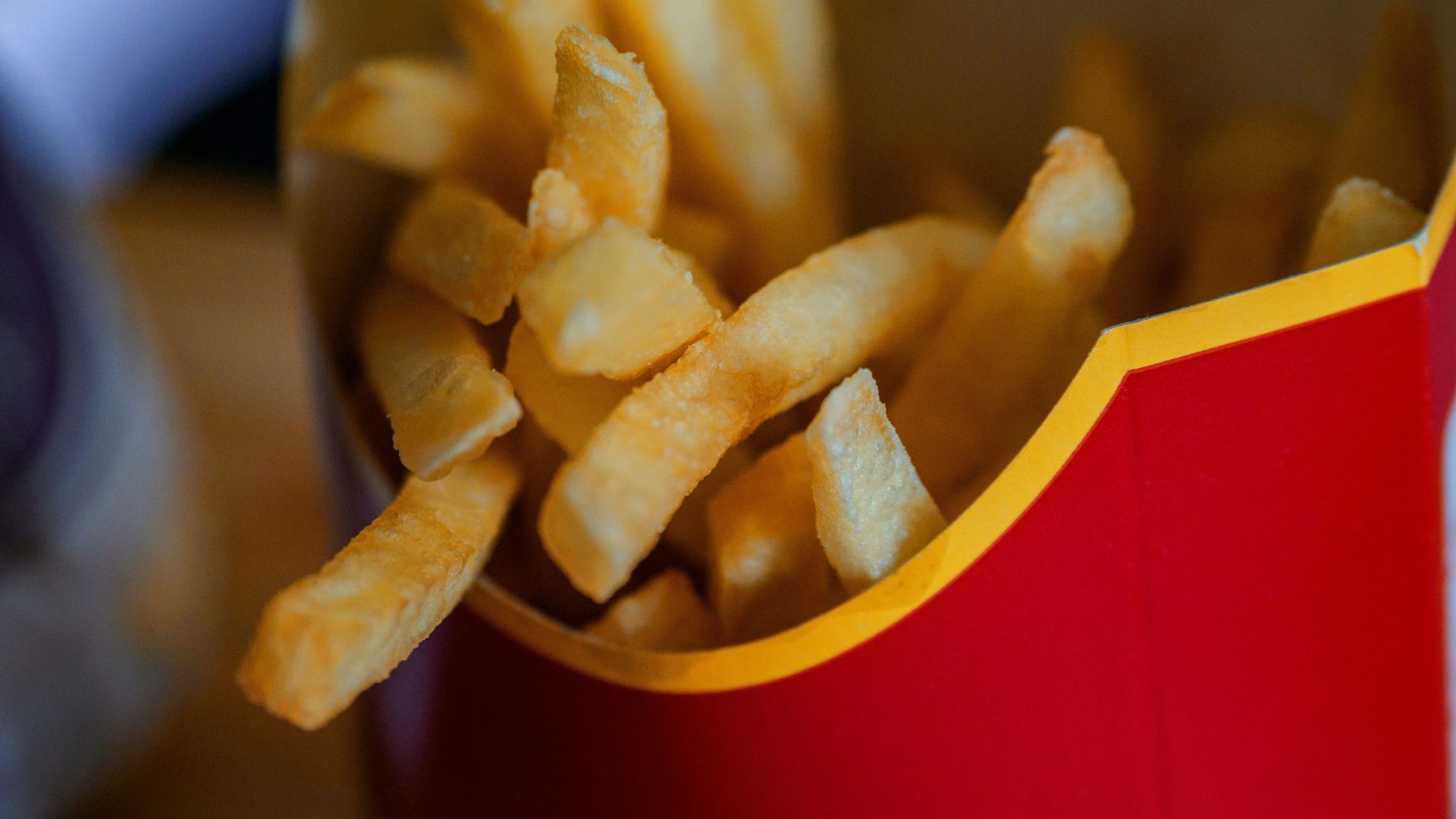
California introduced a $20 minimum wage for fast-food workers, significantly higher than the general state minimum wage.
This new legislation, known as AB 1228, affects chains with at least 60 locations nationwide.
Adapting Business Strategies in the Face of Rising Wages
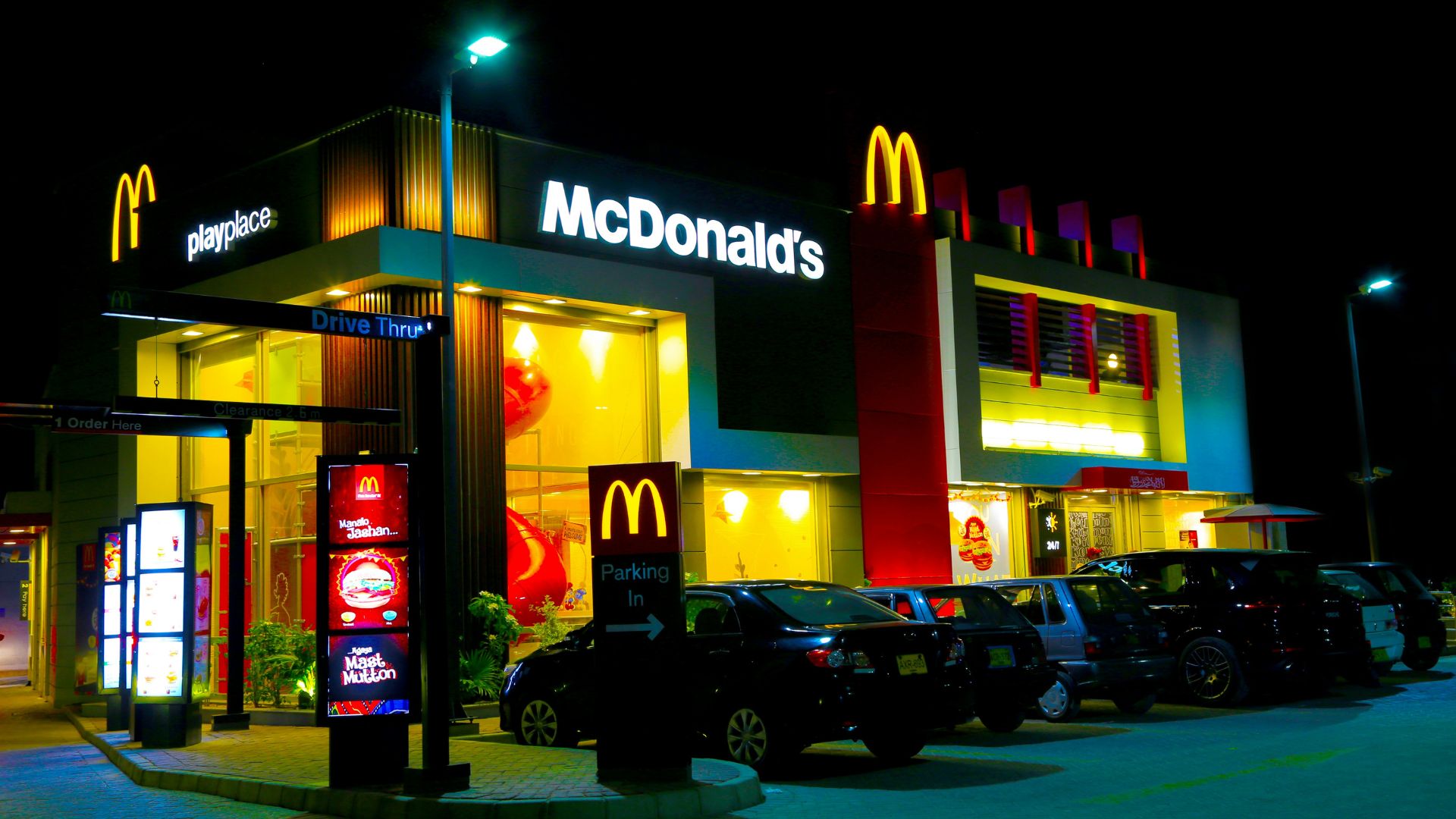
Franchisees are adapting their business strategies to cope with the wage increase.
Rodrick said, “I’ve got to look at every option for business survivability,” indicating a move towards expanding delivery operations and delaying major investments such as updating dining rooms and buying new equipment.
The Critical Role of Human Touch in Fast Food Service
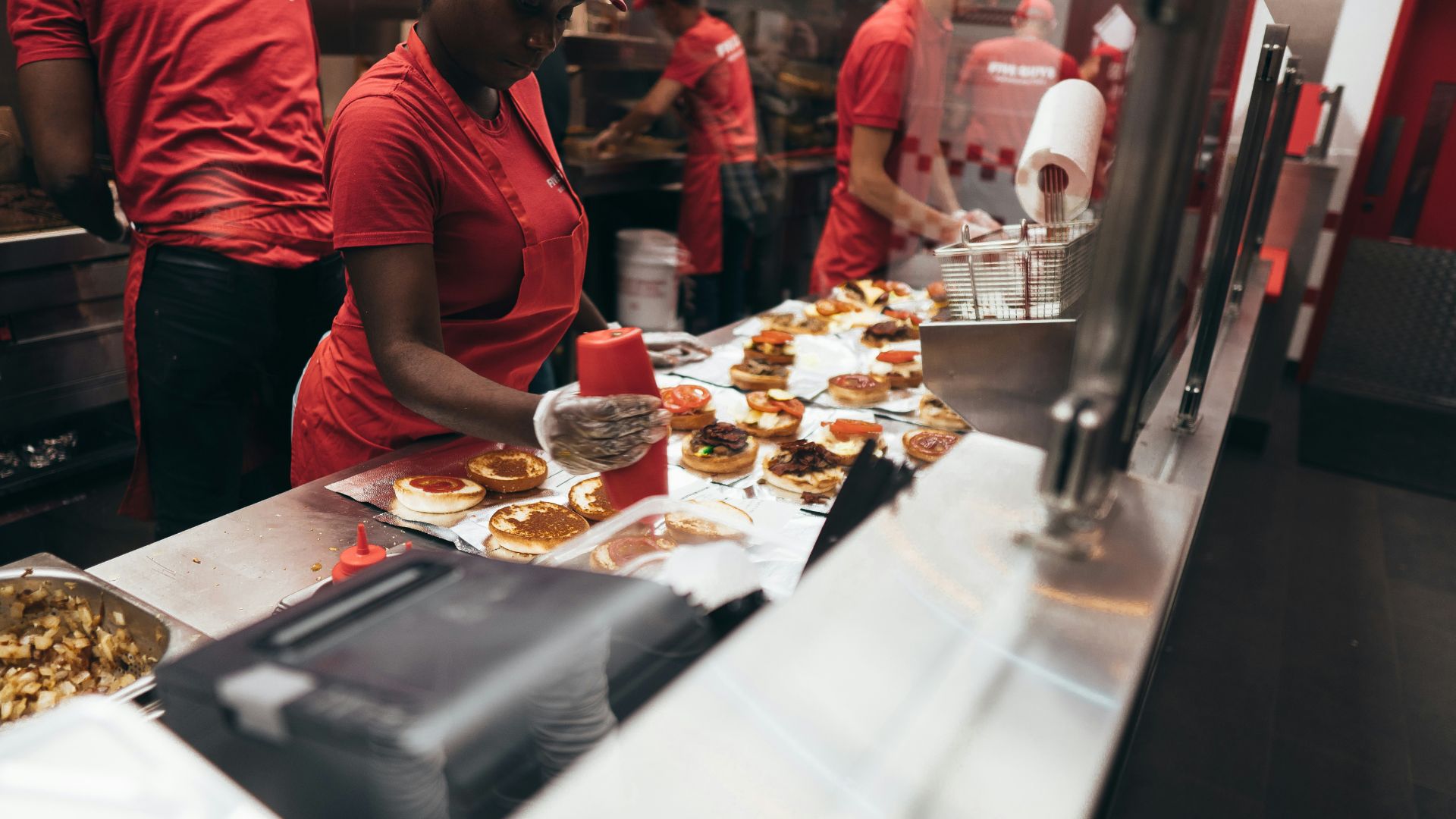
Despite embracing technology, the importance of human interaction remains paramount. Rodrick emphasized, “In the world of McDonald’s, human beings make hamburgers, human beings smile at customers in the drive-thru, human beings build Happy Meals.”
This highlights the franchise’s commitment to maintaining the human element in service despite technological advancements.
Variable Pricing of Happy Meals

The price of a Happy Meal varies significantly across different locations, reflecting the diversity in operational costs and consumer purchasing power.
Happy Meal prices on Uber Eats for a McDonald’s in Sacramento, California, range from $7 to $8.60.
Inflation’s Impact on Fast Food Pricing and Consumer Behavior
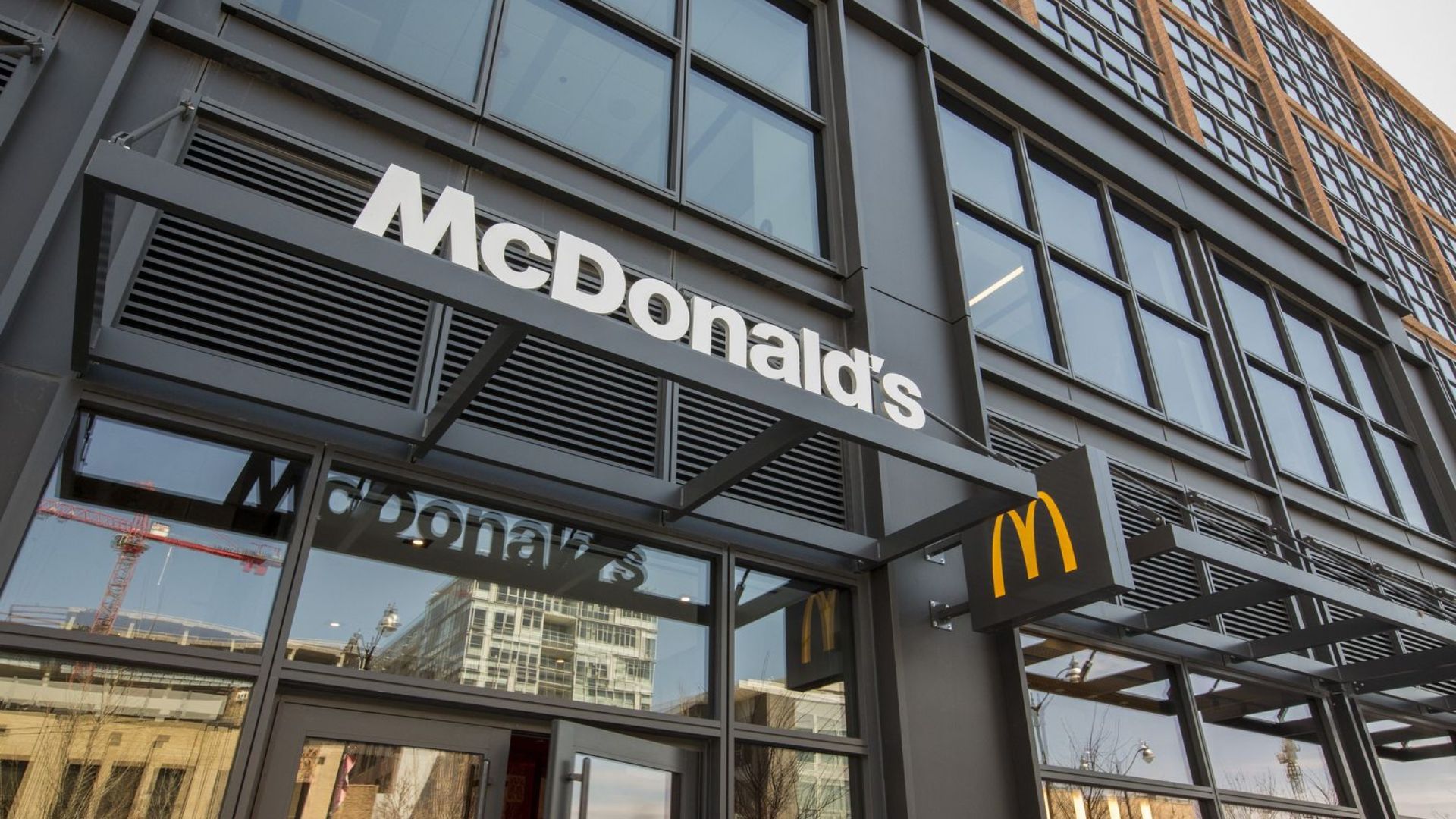
Inflation and rising costs are compelling fast-food chains like McDonald’s to adjust their menu prices.
McDonald’s CEO Chris Kempczinski acknowledged that Inflation would lead the fast food chain to raise menu prices, noting that dining out at McDonald’s is becoming a luxury fewer people can afford.
Grappling with the Financial Implications of Wage Hikes
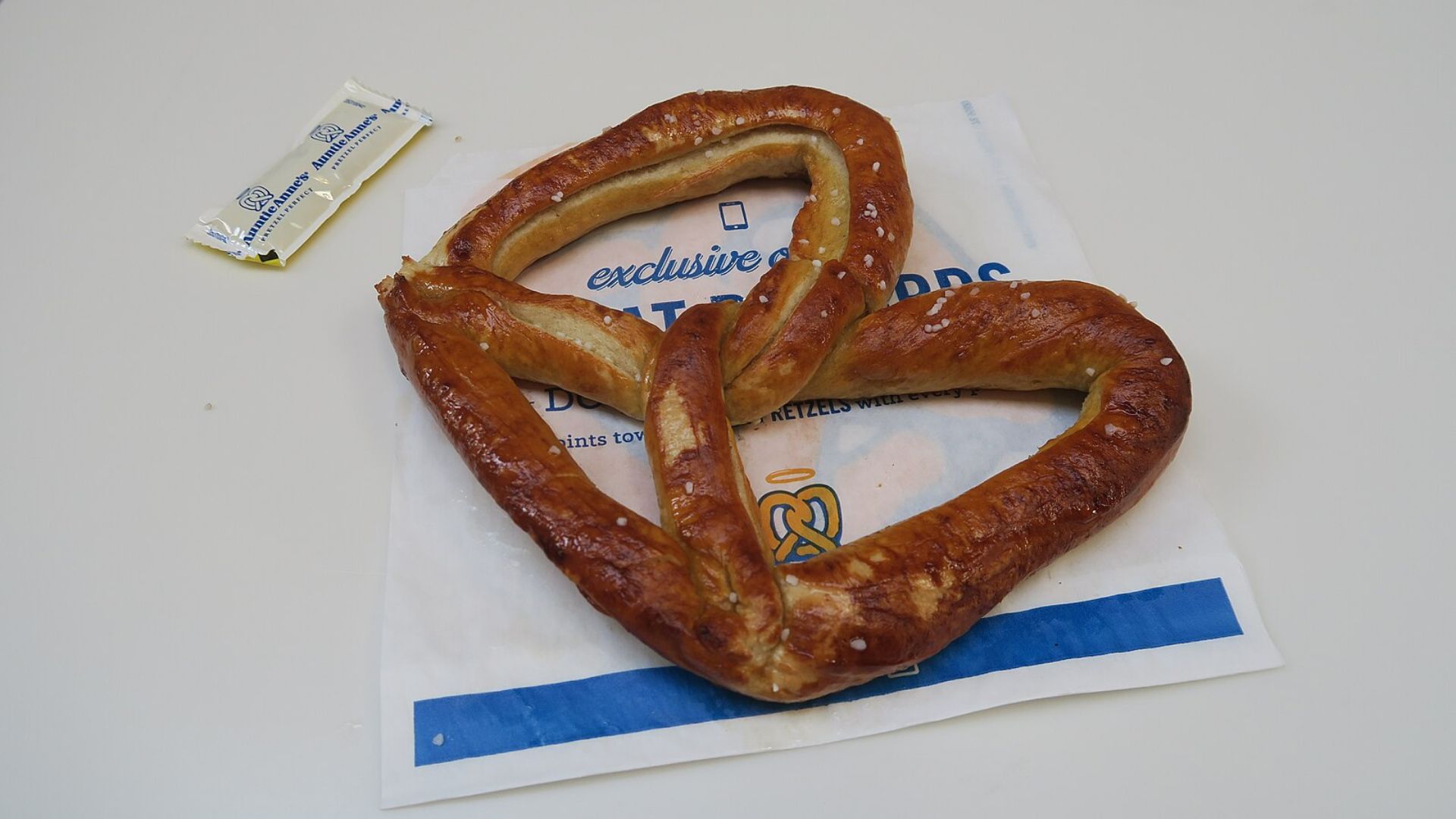
Franchisees across California are struggling with the financial implications of the wage increase.
Alex Johnson, who owns multiple Auntie Anne’s Pretzels and Cinnabon restaurants, highlighted the significant impact, revealing that increasing employee wages will cost about $470,000 each year, forcing him to raise prices and halt expansion.
Franchisees’ Response to Increased Operating Costs
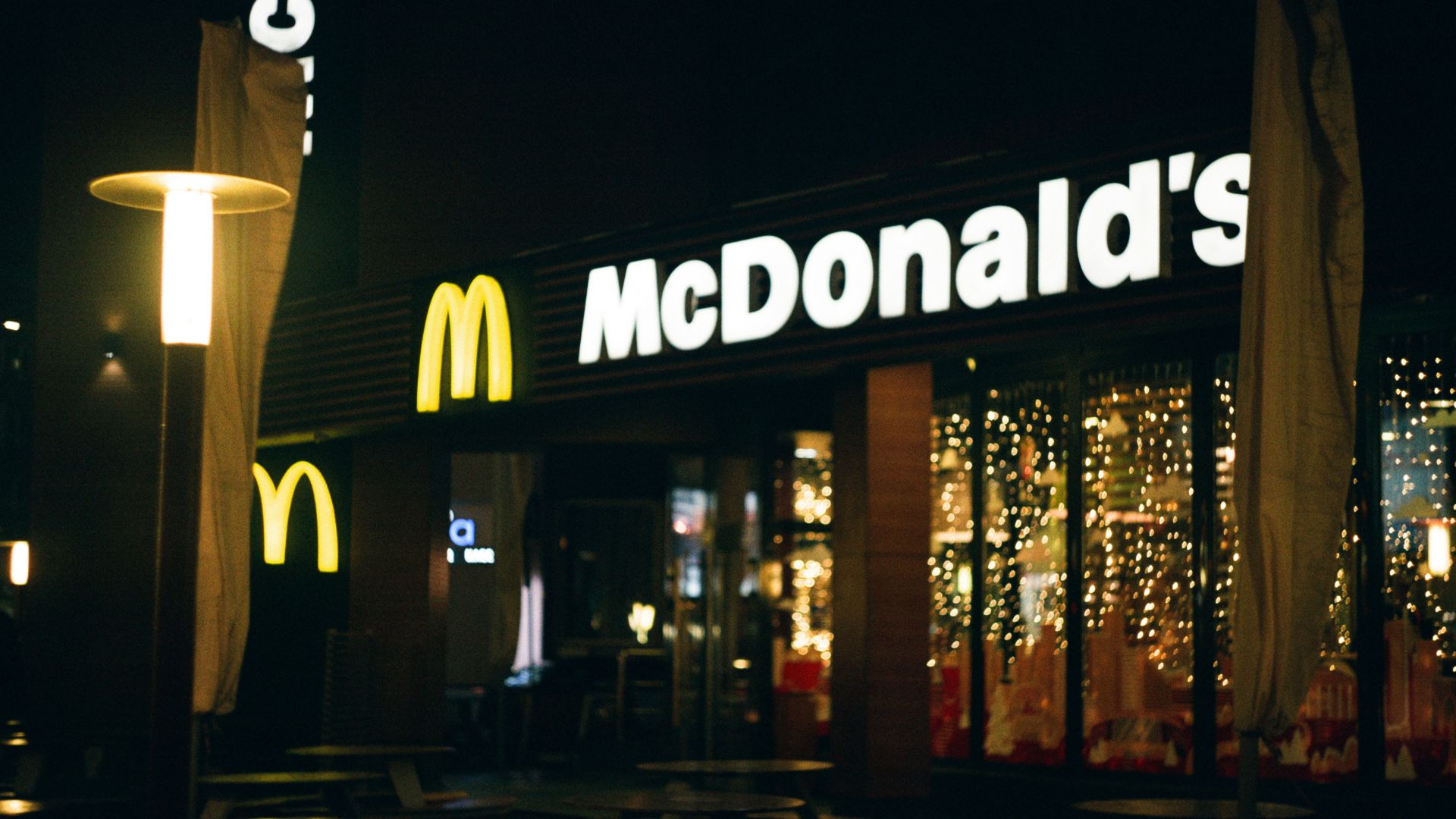
In light of increased operating costs, franchisees are exploring various strategies to remain viable.
Rodrick’s approach includes expanding delivery services and postponing significant capital expenditures. “I’ve got to be aggressive in seeking labor-efficient growth,” Rodrick told Fox News, indicating a shift towards more sustainable business practices amidst rising wages.
The Continuing Fight for Fair Wages in the Fast Food Industry
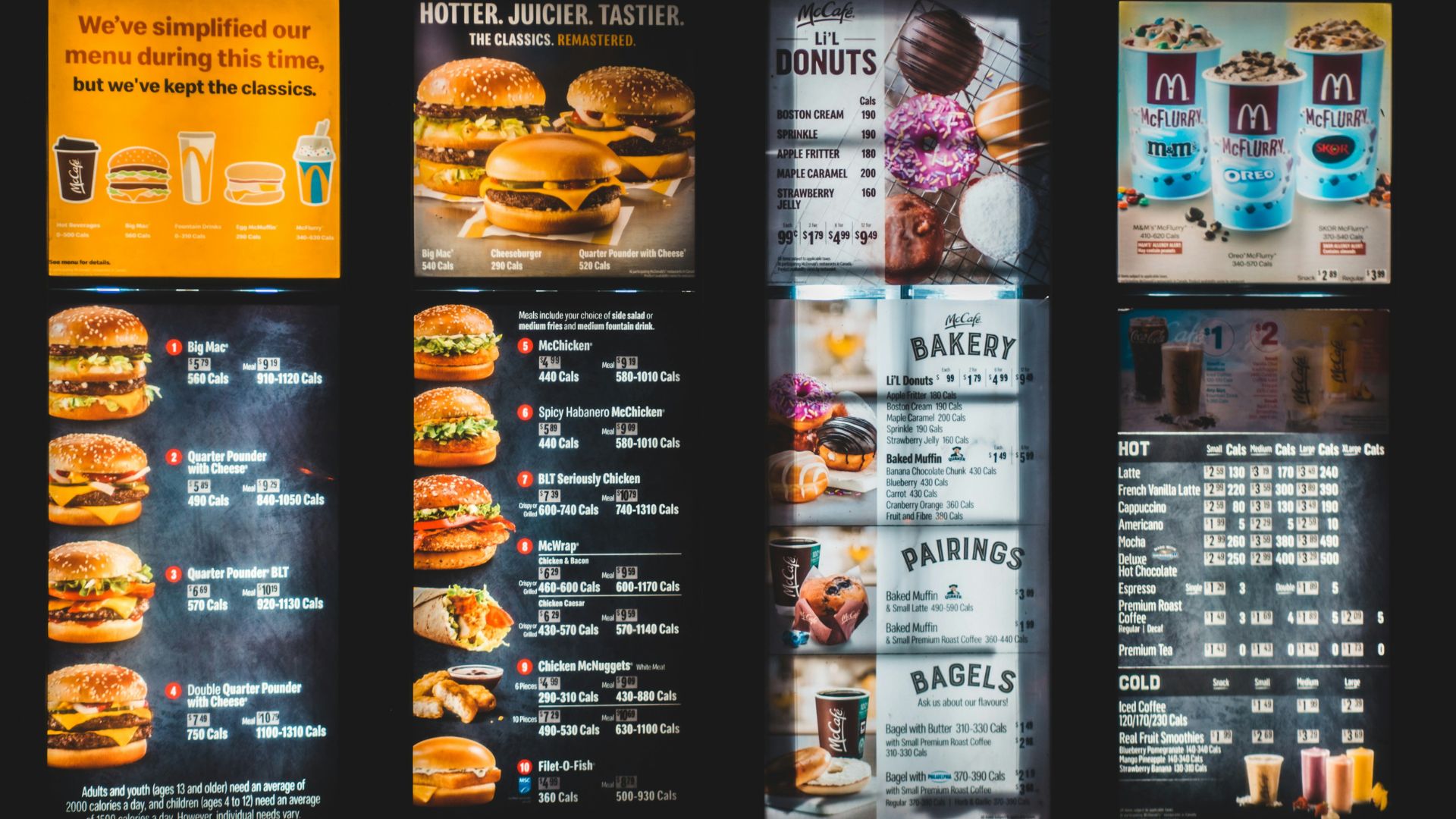
Fast-food workers and their unions have been advocating for higher wages for years. “We are in this fight because workers are worth more and our families deserve better than poverty wages.”
Angelica Hernandez, a cook trainer at McDonald’s and member of the Fast Food Council, stated during a press conference.
The Economic Landscape of Fast Food Pricing
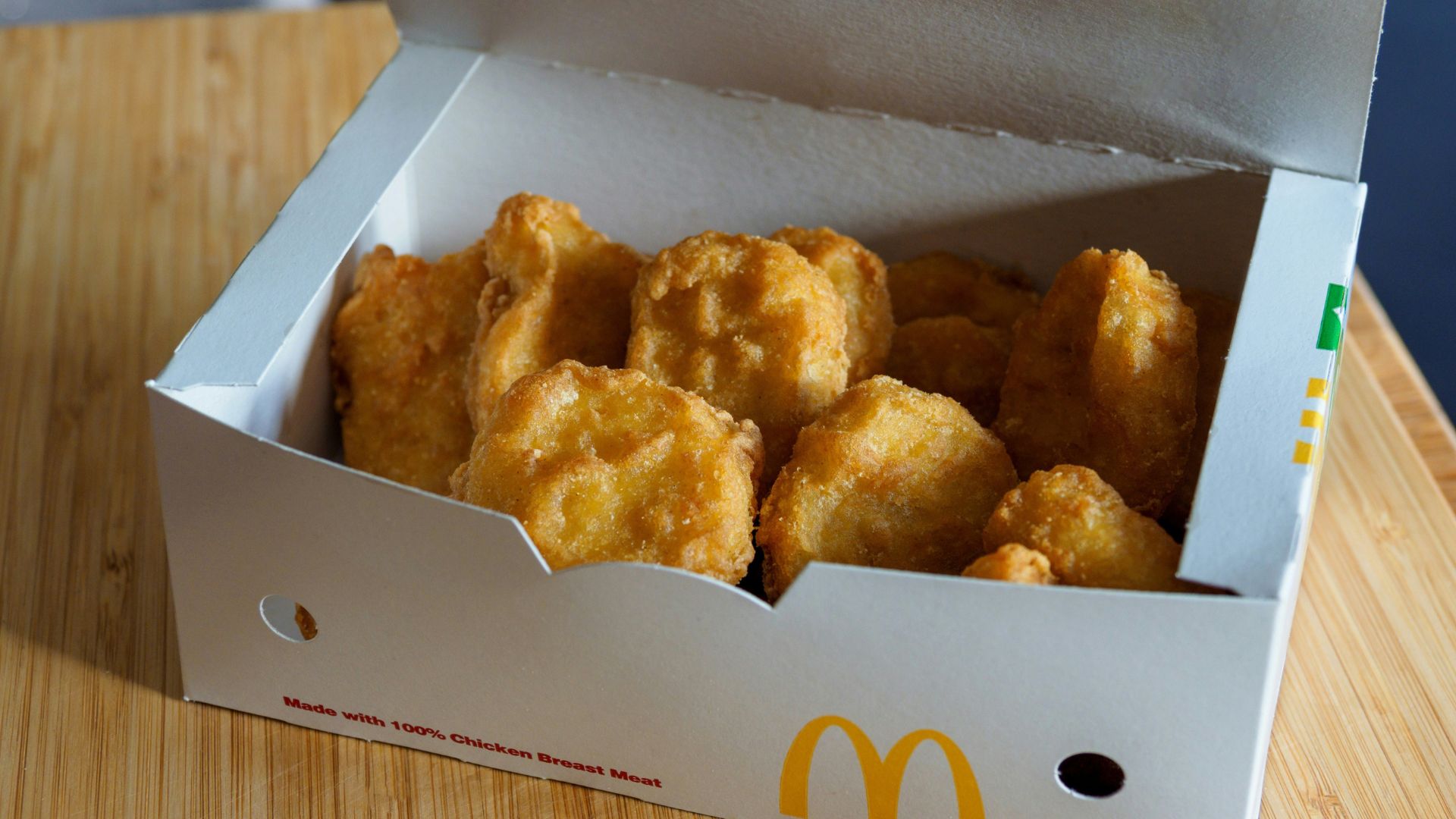
Prices for McDonald’s menu items, including Happy Meals, show significant regional disparities, illustrating the economic diversity across the United States.
In affluent areas, prices for McDonald’s offerings can be substantially higher, reflecting the varying cost of living and operational costs faced by franchisees in different locations.
Adapting to New Wage Standards
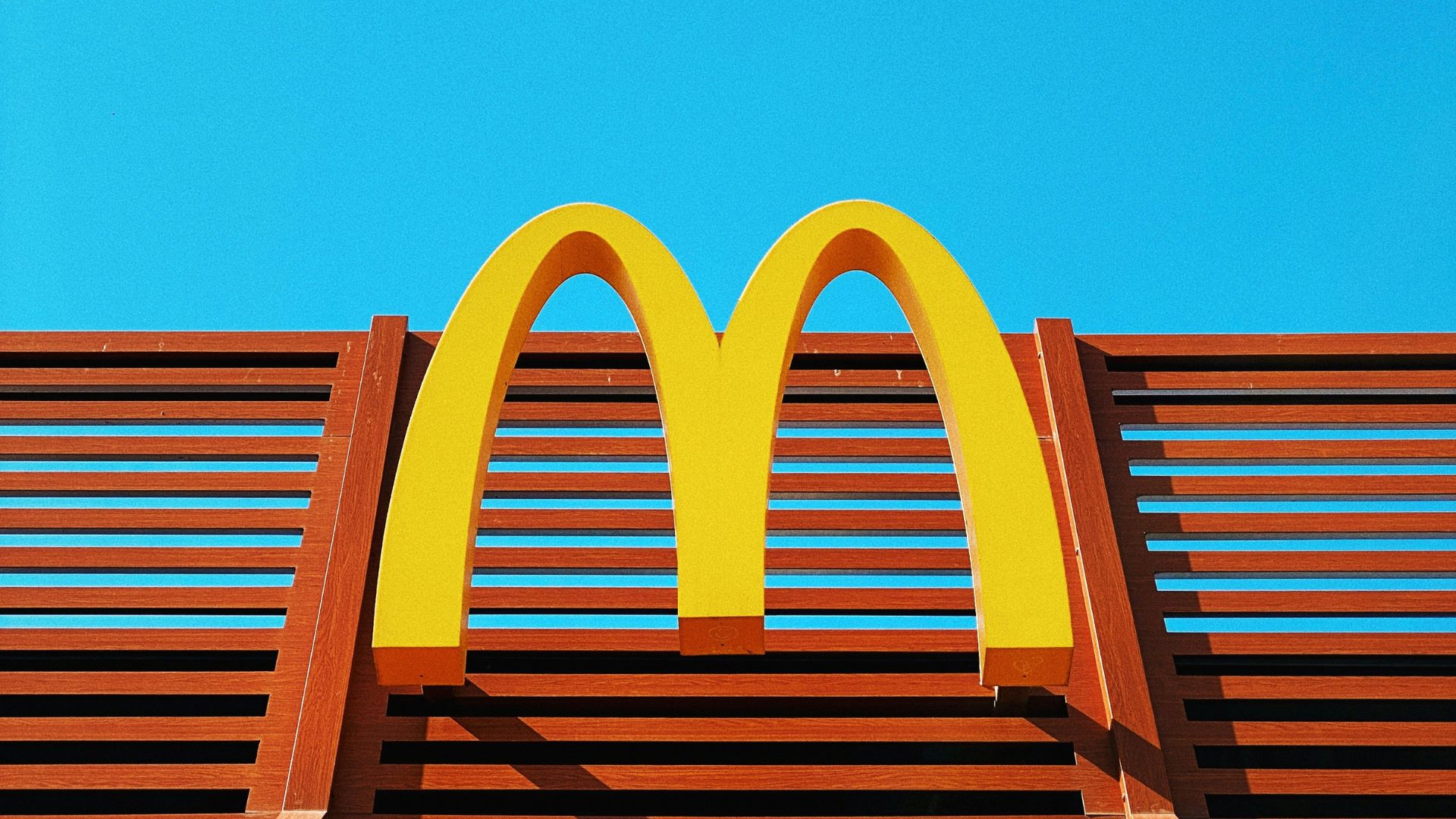
The introduction of California’s $20 minimum wage for fast-food workers forces a reevaluation of pricing, efficiency, and business models across the industry.
Franchise owners like Rodrick and Johnson are making difficult decisions to adapt to these new economic conditions.
Prioritizing People in the Fast Food Business
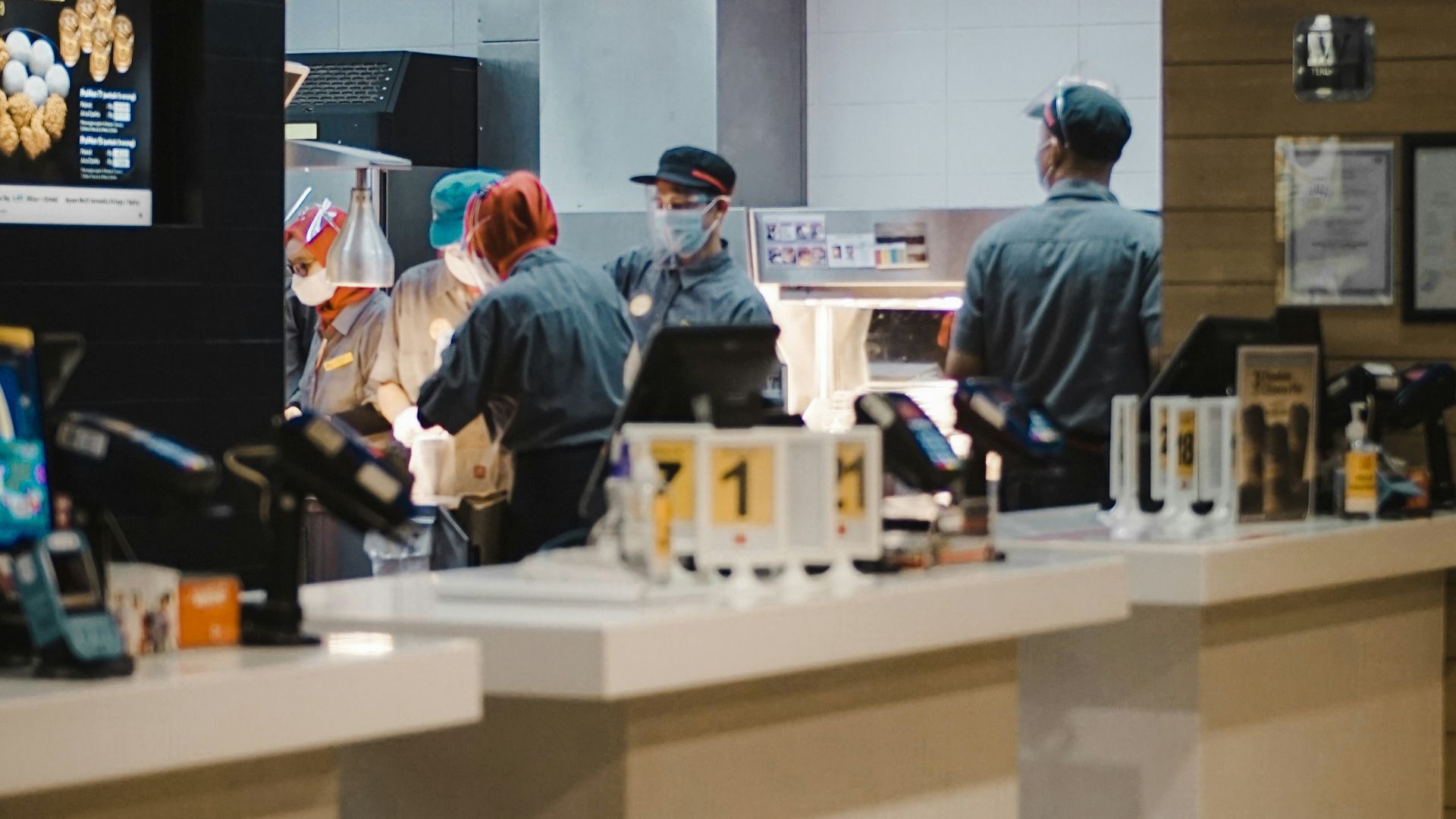
The fast-food industry’s reliance on human labor underscores the critical role of workers in providing quality service.
Rodrick’s commitment to his employees, despite technological advancements, reaffirms the value placed on human interaction and service in the industry. “And while we have relied far more today on technology than ever before, it’s not supplanted the importance of human beings in the workplace,” Rodrick explained, highlighting the ongoing importance of the workforce in the fast-food sector.
